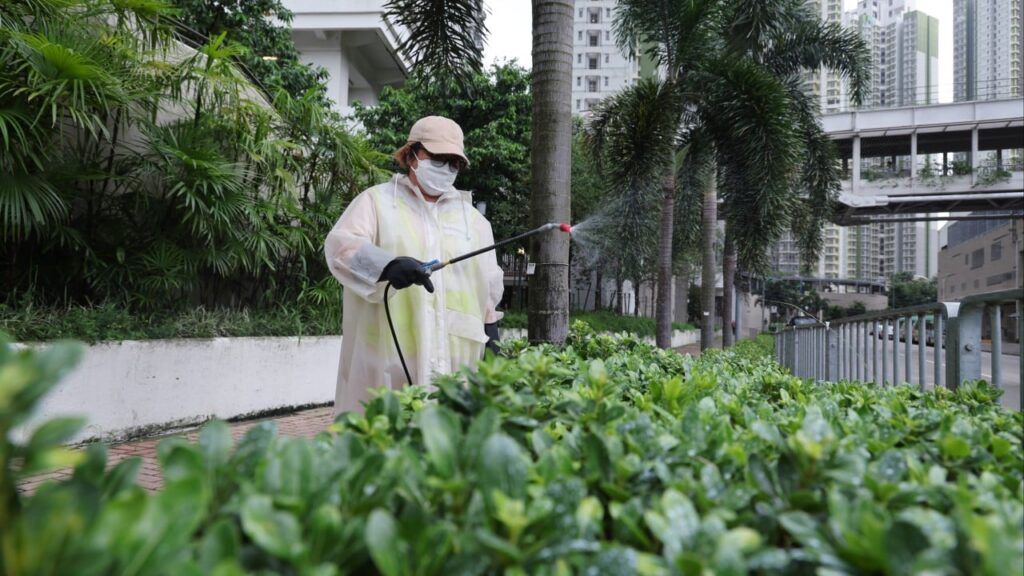Record-Breaking Rainstorm Raises Mosquito Concerns
Hong Kong experienced a black rainstorm warning lasting 11 hours and 15 minutes, the second-longest on record. Following this extreme weather, experts warned that the Hong Kong chikungunya outbreak risk could rise due to widespread mosquito breeding. Government data showed that 70% of surveyed areas had significant infestation.
First Imported Case Signals Rising Threat
Just days before the storm, Hong Kong confirmed its first imported case of chikungunya fever since 2019. This mosquito-borne disease poses a serious public health threat. Peter Leung Kwong-yuen, chairman of the Pest Control Personnel Association, emphasized that stagnant water from heavy rain creates ideal breeding grounds for mosquitoes, increasing the likelihood of a Hong Kong chikungunya outbreak.
Expert Warnings on Post-Storm Mosquito Breeding
“After heavy rain, water bodies don’t evaporate quickly. Extra efforts are needed to apply larvicide sand and oil,” Leung explained.
Even though storms can wash away some standing water, lingering puddles often remain, creating hotspots for mosquitoes. Without prompt action, these sites could trigger new outbreaks of mosquito-borne illnesses, including chikungunya.
Why Strong Mosquito Control Is Essential
Inadequate mosquito control has serious consequences. Climate change and urbanization have worsened mosquito breeding conditions in Hong Kong. Health authorities stress that proactive, sustainable measures are necessary to prevent the Hong Kong chikungunya outbreak from spreading further.
Public Awareness and Preventive Actions
Officials are urging residents to remove stagnant water around homes, support mosquito control operations, and stay vigilant. By taking preventive action, Hong Kong can reduce the risk of additional chikungunya cases and protect the community.
A Crucial Test for Public Health
The recent rainstorm and rising mosquito activity highlight Hong Kong’s need for resilience against mosquito-borne diseases. Effective mosquito control is not optional—it is essential to safeguard public health and prevent the Hong Kong chikungunya outbreak from worsening.

